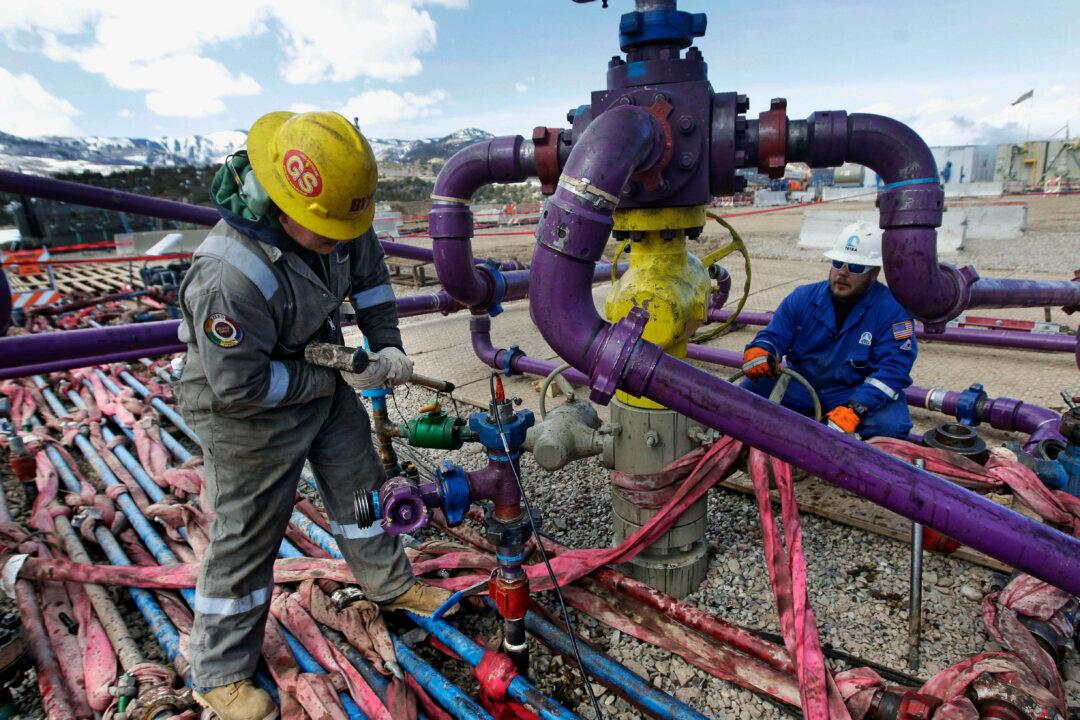President Joe Biden’s administration has postponed oil and gas lease sales that were slated to take place next month to comply with an executive order he issued on climate change.
Biden in January had ordered the Department of the Interior to pause new oil and natural gas leases on public lands or in offshore waters, pending completion of a comprehensive review.





